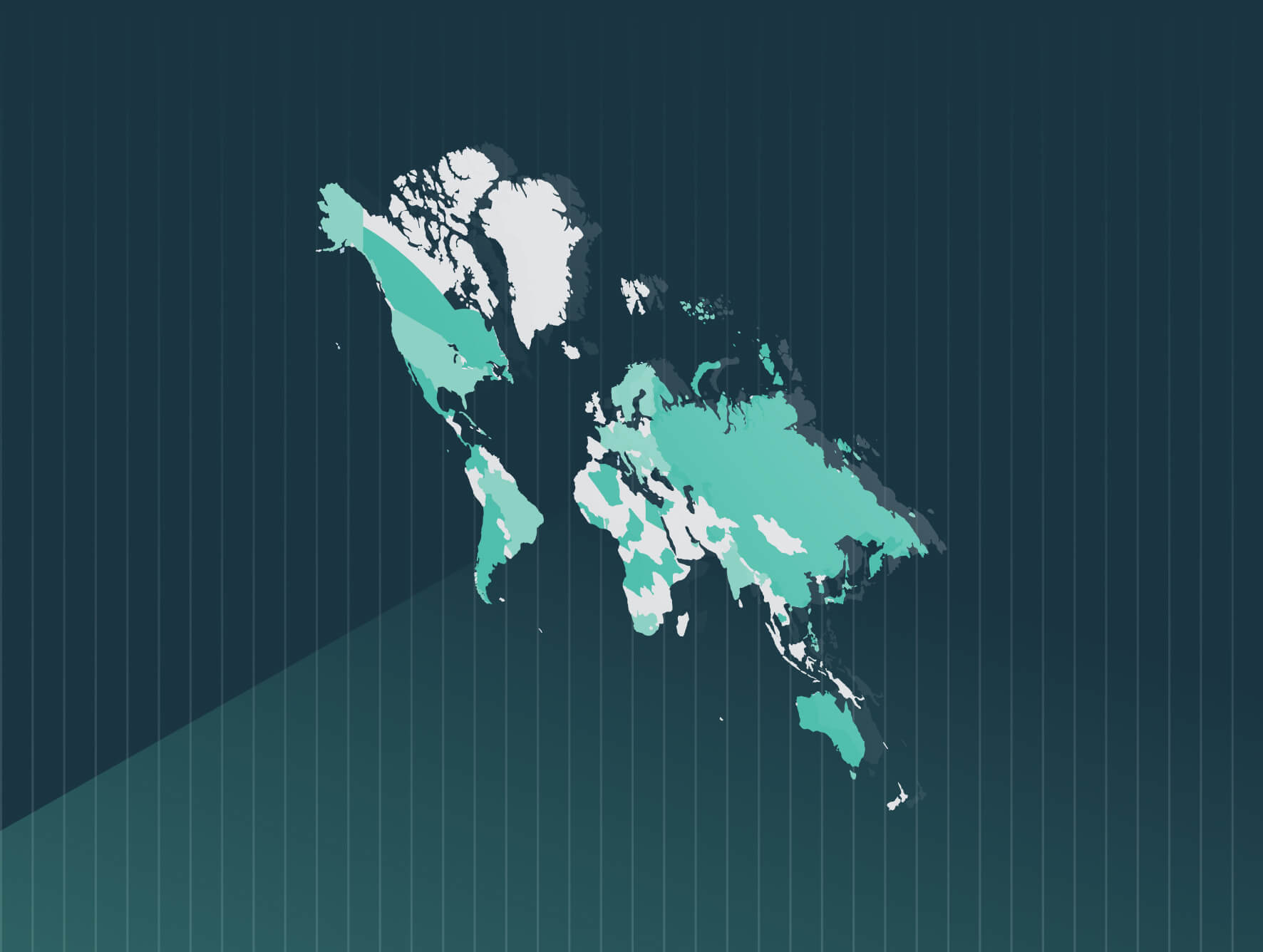The Congressional Budget Office (CBO) issued a report last month that outlines the budgetary effects on American employment if the Raise the Wage Act of 2021 is enacted.
The report, officially titled “The Budgetary Effects of The Raise the Wage Act of 2021” outlines specific changes to employment rates and the federal poverty line for individuals and household incomes. If the Raise the Wage Act passes, the minimum wage will increase over a five-year period before ultimately reaching the proposed amount of $15.
What’s interesting is that the report projects 1.4 million Americans will lose their jobs once the federal minimum wage rate reaches $15 by 2025. The CBO also predicts that increasing the minimum wage under the Raise the Wage Act would increase the cumulative budget deficit by $54 billion dollars between 2021 and 2031. On the upside, however, nearly one million Americans will be lifted out of poverty.
CBO’s predictions have been met with some skepticism. The University of California Berkely Professor of Economics and Co-Chair of the Center on Wage and Employment Dynamics at the Institute for Research on Labor and Employment (IRLE), Michael Reich says “that there are many positive aspects to the wage hike on the U.S. fiscal outlook, including the fact that higher wages would increase consumer spending and bring in more taxes for federal programs like Medicare and Social Security” according to a post by CNBC.
The CBO report draws comparisons to its July 2019 report, “The Effects on Employment and Family Income of Increasing the Federal Minimum Wage,” and identifies different calculations for determining baseline changes in the economy. “In the 2019 report, CBO estimated that employment would fall by 1.3 million workers in 2025; in this report, the estimated reduction is 1.4 million workers. The most important analytical change that led to that difference was CBO’s use of the mean rather than the median in determining its central estimates.”
The Raise the Wage Act was first introduced in 2019 and proposes to gradually increase the federal minimum wage from $7.25 to $15 by the year 2025. The bill was initially pitched as a part of the $1.9 trillion COVID-19 relief plan but ultimately was not included because it violated the Byrd Rule and did not qualify as part of budget reconciliation. Efforts to pass the Act are still underway as House Democrats and the Biden administration have made it clear that “no one in this country should work full-time and live in poverty,” according to a post by Newsweek.
If the Raise The Wage Act Act is passed, it will be interesting to see how the gradual minimum wage increase will impact Americans’ healthcare decisions in the context of the ACA. With the ACA central to millions of Americans’ health, will more workers accept offers of healthcare coverage from their employers or will they seek healthcare from state and federal health exchanges?
If the latter continues, employers will need to make sure they have their ACA information readily available. In the event a former employee or employee with reduced hours goes to a healthcare exchange, applies for, and obtains a Premium Tax Credit (PTC) with health coverage, employers could subsequently see ACA penalty assessments from the IRS. A recent TIGTA report found nearly a third of PTC recipients receive them erroneously as well.
Employers should also know that the added millions of Americans that could possibly lose their job, may turn to Medicaid/Medicare or a state or federal healthcare exchange for coverage and apply for a PTC.
Regardless of what outcome may result, employers should be prepared to explain changes in the employment status of their employees in their ACA filings. The IRS is stepping up its enforcement efforts and very recently started issuing Letter 226J penalty assessments to employers identified as having failed to comply with the ACA’s Employer Mandate for the 2018 tax year.
Under the ACA’s Employer Mandate, Applicable Large Employers (ALEs), which are employers with 50 or more full-time employees and full-time-equivalent employees, are required to offer Minimum Essential Coverage (MEC) to at least 95% of their full-time workforce (and their dependents) whereby such coverage meets Minimum Value (MV) and is affordable for the employee or be subject to Internal Revenue Code (IRC) Section 4980H penalties.
If your organization is having difficulty keeping up with the ACA compliance requirements, contact us to learn how ACA Complete can help you implement monthly monitoring, employee measurements, and documentation recording. With ACA reporting for the 2020 tax year expected to be more challenging, best practices suggest incorporating an extensive ACA compliance process.









